
Culture & Sports
10:25, 14-Jan-2017
Five gifts from Switzerland
Updated
10:34, 28-Jun-2018
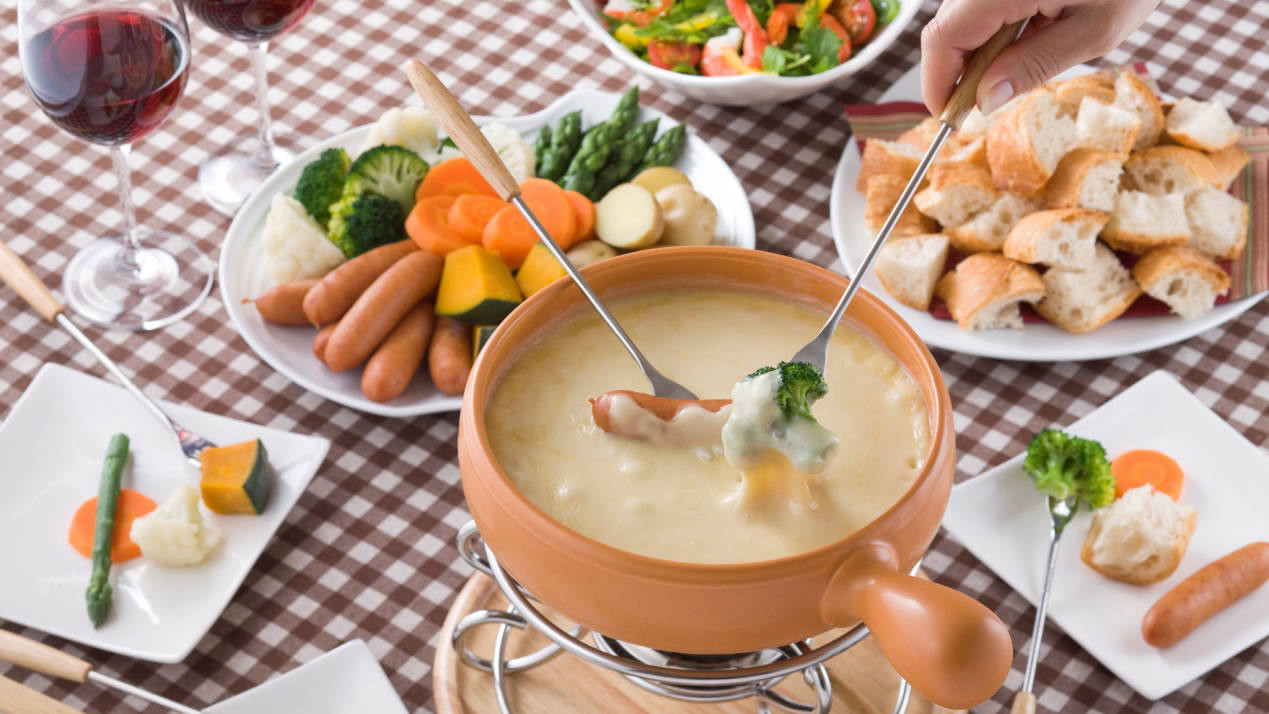
Written by Sun Xiao
Switzerland is known for its snow-capped Alps, sweets and streets that house the headquarters of some of the world’s most influential international organizations – and it’s also known for its souvenirs. Whether if you’re visiting the ‘land of milk and honey’ or would want someone to get you a gift, here are some of the most popular items to bring home.

Swiss Army Knife
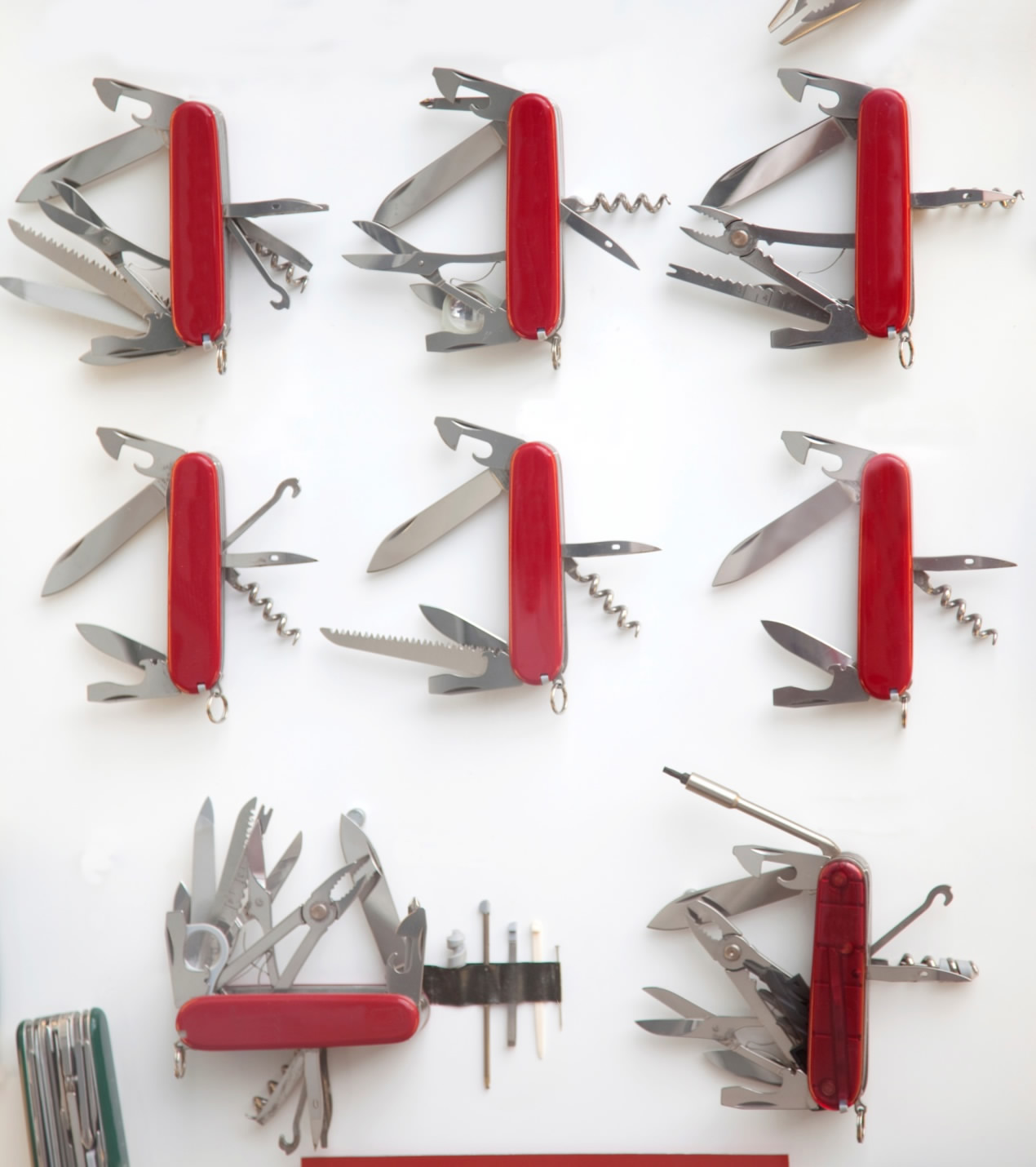
Remember the multipurpose knife that your parents always suggested to keep handy while going camping? That happens to be the Swiss Army knife. It’s not just any pocketknife but one of Switzerland’s many iconic gifts to the world. The knife, coated in its trademark red, is versatile: it can be used as a screwdriver, scissor, bottle opener, magnifying glass, or simply a knife.
Called Offiziersmesser in German, Karl Elsener, a cutler in Ibac-Schwyz, supplied the knife to the Swiss Army in 1891. However, the knife is mostly designed for adventurers nowadays.
Fun fact: The terms “Swiss Army knife” was first coined by American soldiers after the WWII as they found it difficult to pronounce its original name “Offiziersmesser.”
Swiss Watch and Cuckoo Clock
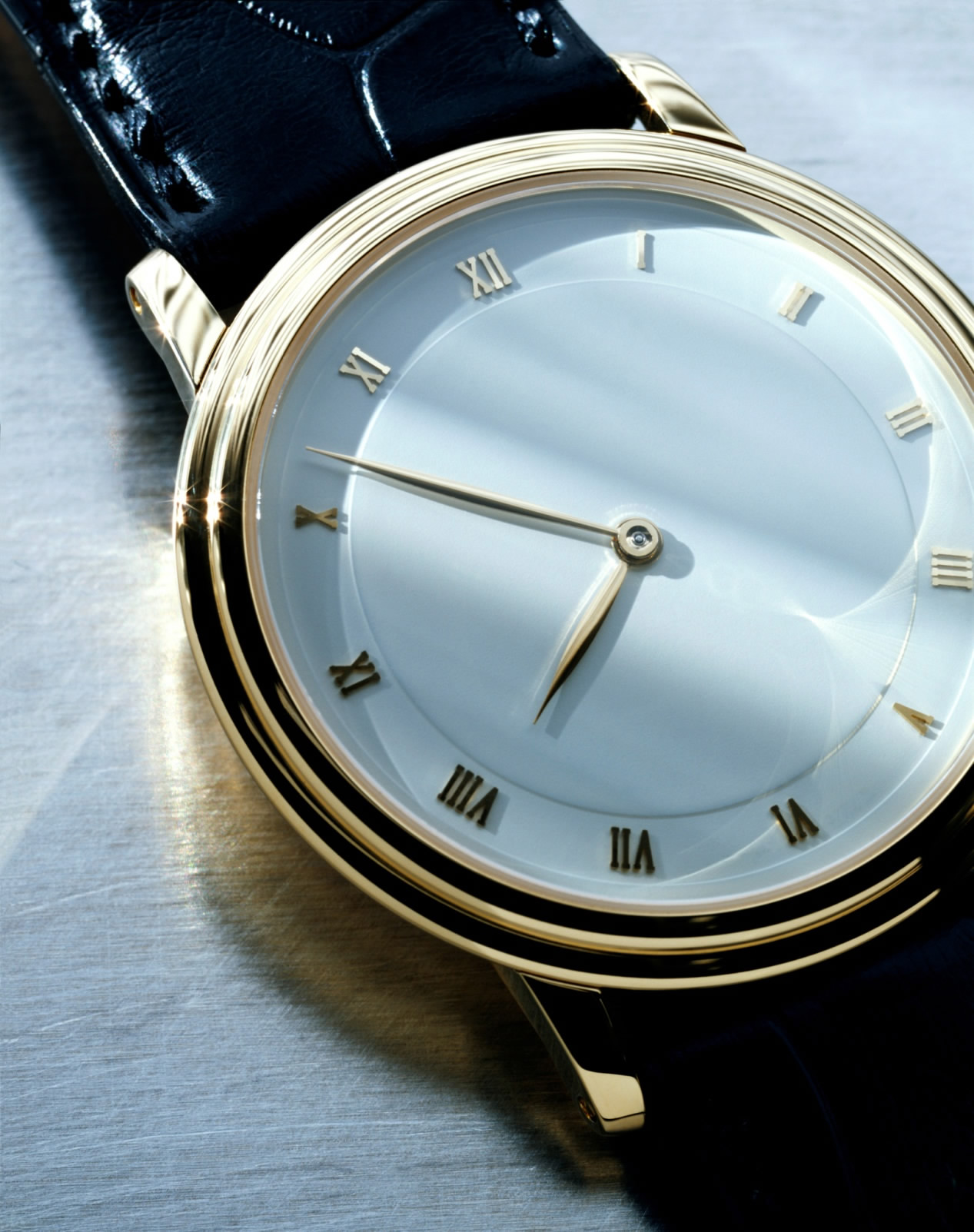
When you look at a timepiece, a made-in-Switzerland stamp reflects the quality and sophistication that comes with it.
The Swiss brands of watches, namely Rado, Rolex, Tag Heuer and Swatch, have reigned over the global watch market for years. In 2015, Switzerland remained the world leader in watch exports. Products worth 22.4 billion US dollars were shipped to some 200 markets, according to the Swiss Watch Industry’s yearly summary.
Another Swiss invention is the cuckoo clock. It is a pendulum-regulated clock and strikes every 60 minutes, giving you a cuckoo call top of the hour.
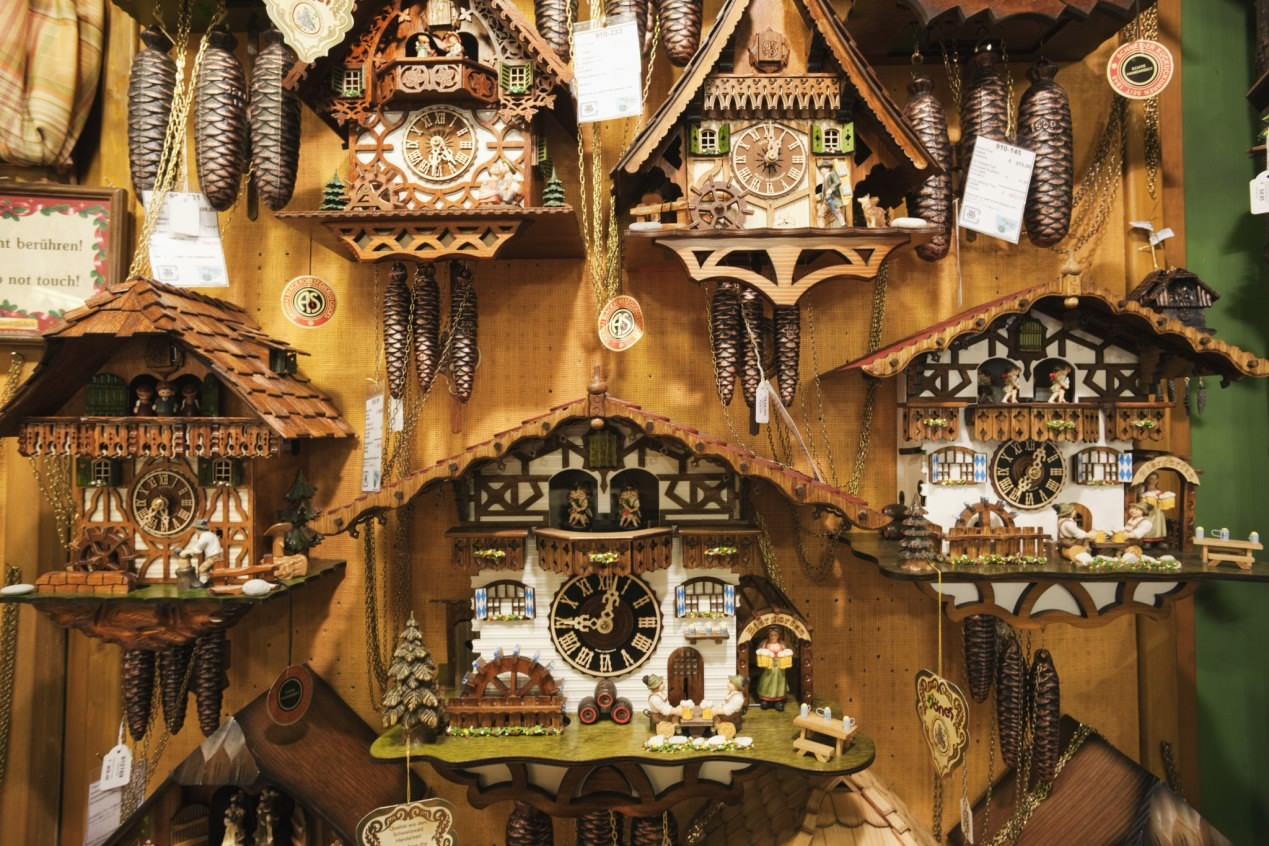
Fun fact: Tag Heuer, one of well-known luxurious Swiss watch brands, was the first Swiss watch worn by an astronaut in space. John Glenn wore the watch in 1962 when he piloted the Friendship 7, US’s first manned orbital mission.
Swiss Confectionery

Swiss chocolate can be so therapeutic that American actress Audrey Hepburn used it during her detox days.
Swiss chocolate rose to popularity in the 19th century, especially milk chocolate, with a large number of chocolate factories set up in the country. Two Swiss confectionery companies were on the top 10 global companies manufacturing some form of chocolate. The two companies’ net sales worth an estimated 15.212 billion US dollars’ in 2015, according to the International Cocoa Organization.
Also, the Swiss love their chocolate – Switzerland consumes nearly 20 pounds of chocolate per capita each year, according to Euromonitor.
Another tasty Swiss candy is the Sugus, which is 20mm in length and width and 7mm thick, having been packaged by “Sugus”-patterned wrappers for long.
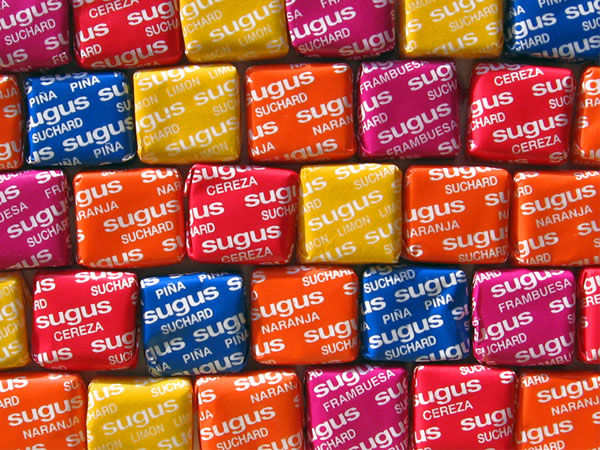
Fun fact: The most well-known Swiss candy brand is the chewy candy called Sugus. Chinese people are especially familiar with the name because of its origin –“瑞士糖” is translated as “Swiss candy” in English.
Swiss Coffee
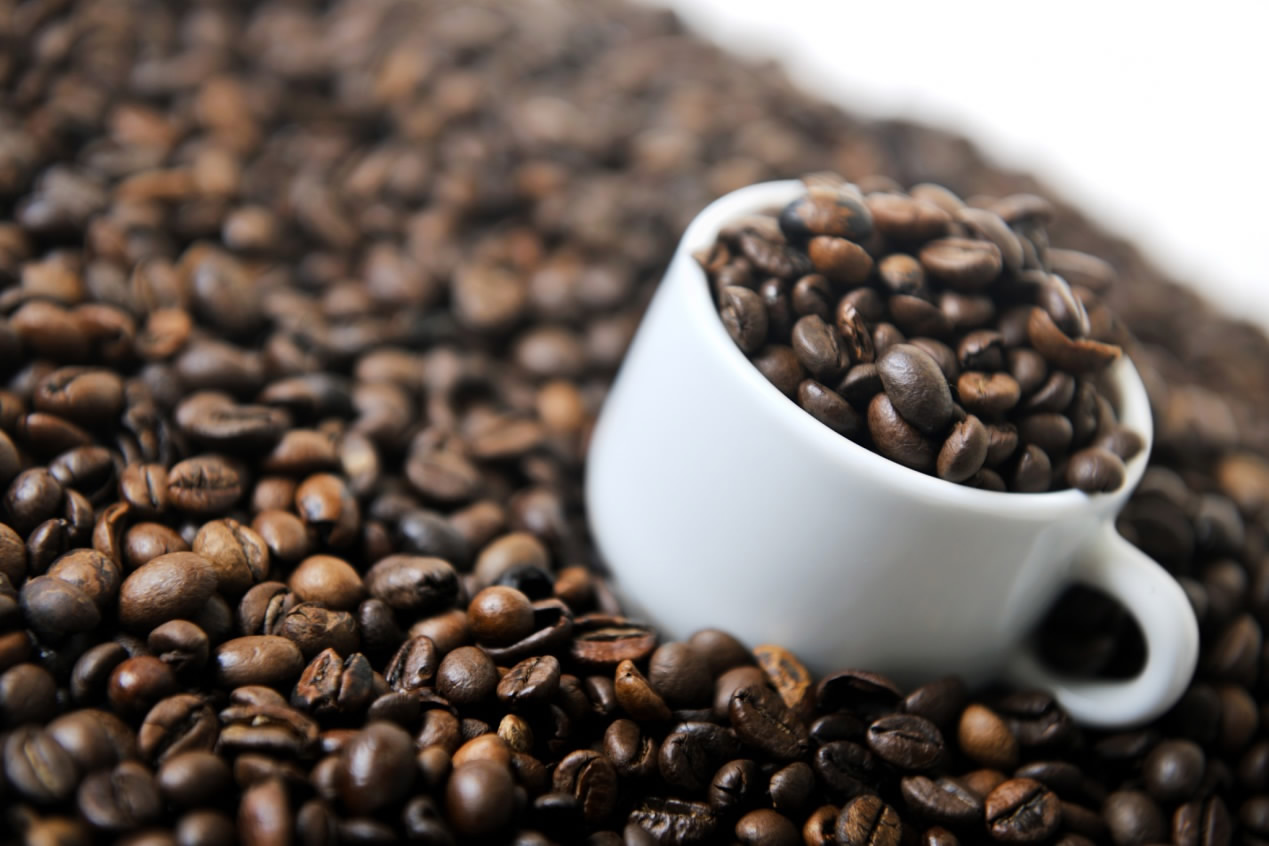
Nestle products are everywhere – from a convenient shop in Beijing to stores in Barcelona, they’re unmissable. But one of its most iconic brands is the Nescafe instant coffee, which was launched in Switzerland in 1938. With time, Swiss coffeemakers have embraced innovation – coffee capsules are a prime example. Nespresso, which specializes in coffee capsules, or pods, have gained popularity in recent years.
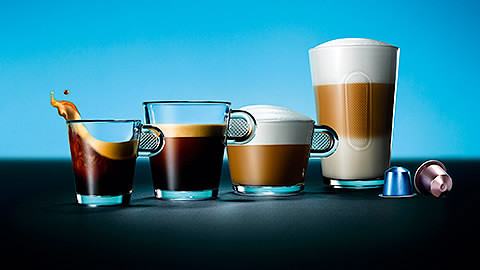
Fun fact: The Nestle instant coffee was not originated from the Switzerland but Brazil in the 1930s. It was an example of innovation and sustainable development, according to the company.
The Fondue

Just think of Chinese communal hotpot and replace the broth with a pot of melting cheese with varying dips – er, that’s fondue. In the 1930s, the Swiss Cheese Union promoted it as Switzerland’s national dish in the 1930s. It might not be the national dish now but it certainly has become an international favorite. If you’re in Switzerland, it’s a must try. Unfortunately, it’s not something you can pack for home – alternately, you could pick up the recipe and bring home caquelon, réchaud and the long-stemmed forks.
Fun fact: The written record for fondue dates back to the 17th century when it made it to a Swiss cookbook. Also, April 11 is National Cheese Fondue Day.

SITEMAP
Copyright © 2018 CGTN. Beijing ICP prepared NO.16065310-3
Copyright © 2018 CGTN. Beijing ICP prepared NO.16065310-3